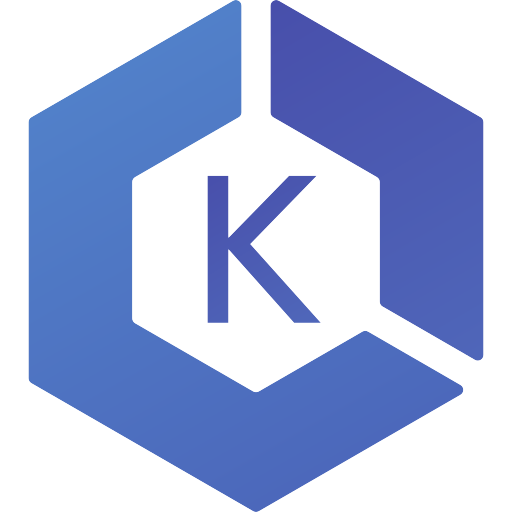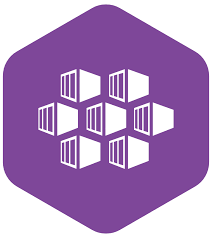Container Infrastructure
By adopting a container model, the L7|ESP platform aims to remain cloud-agnostic and simple to deploy.
Containers solve a number of problems ranging from immutable deployments to self-healing infrastructure.
This also means that there are many solutions for running and managing containers in production to choose from.
Kubernetes
Kubernetes, also known as K8s, is an open-source system for automating deployment, scaling, and management of containerized applications.
The L7|ESP platform can be deploy to any Kubernetes cluster using the Helm package manager and the provided Chart.






